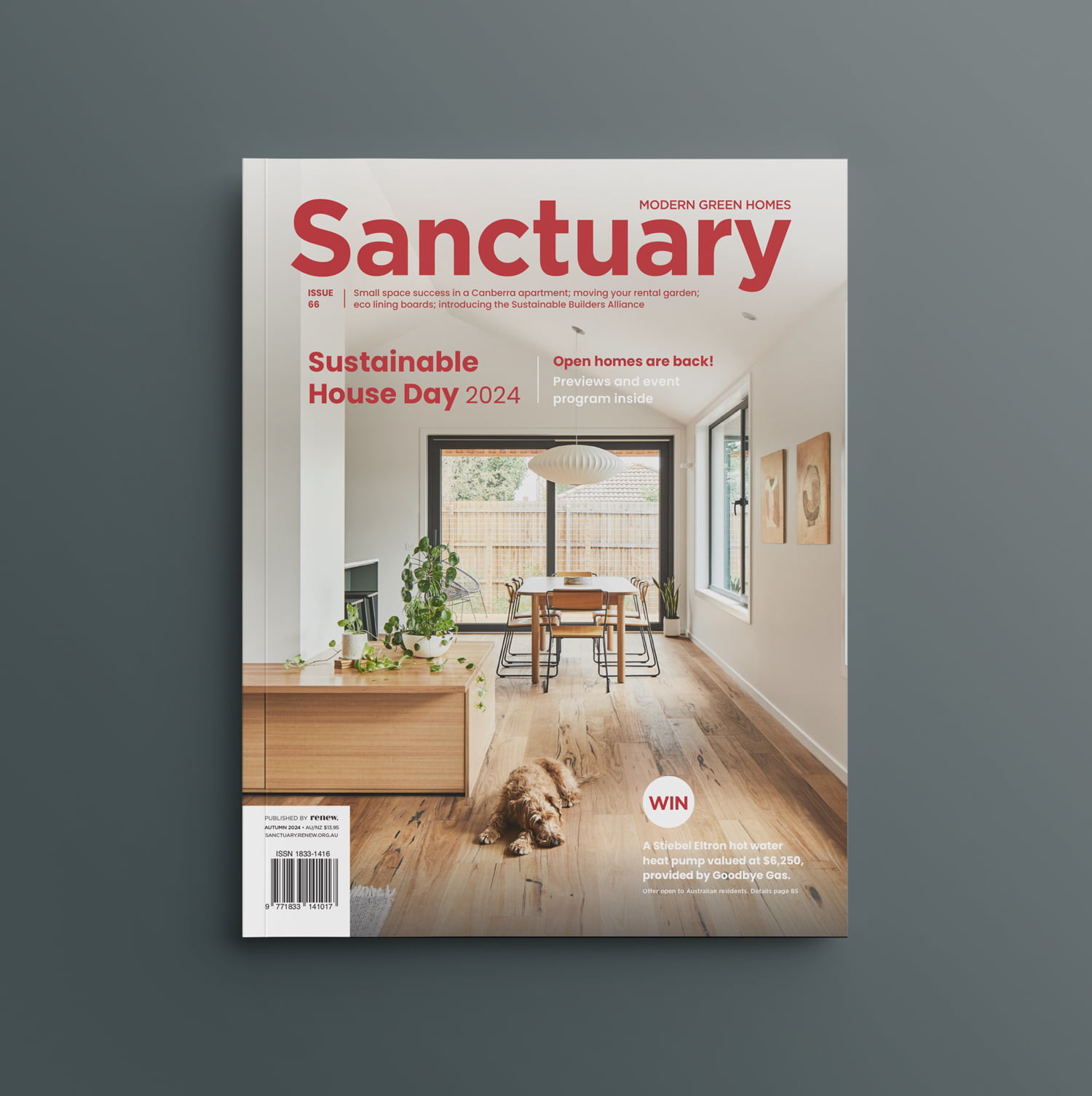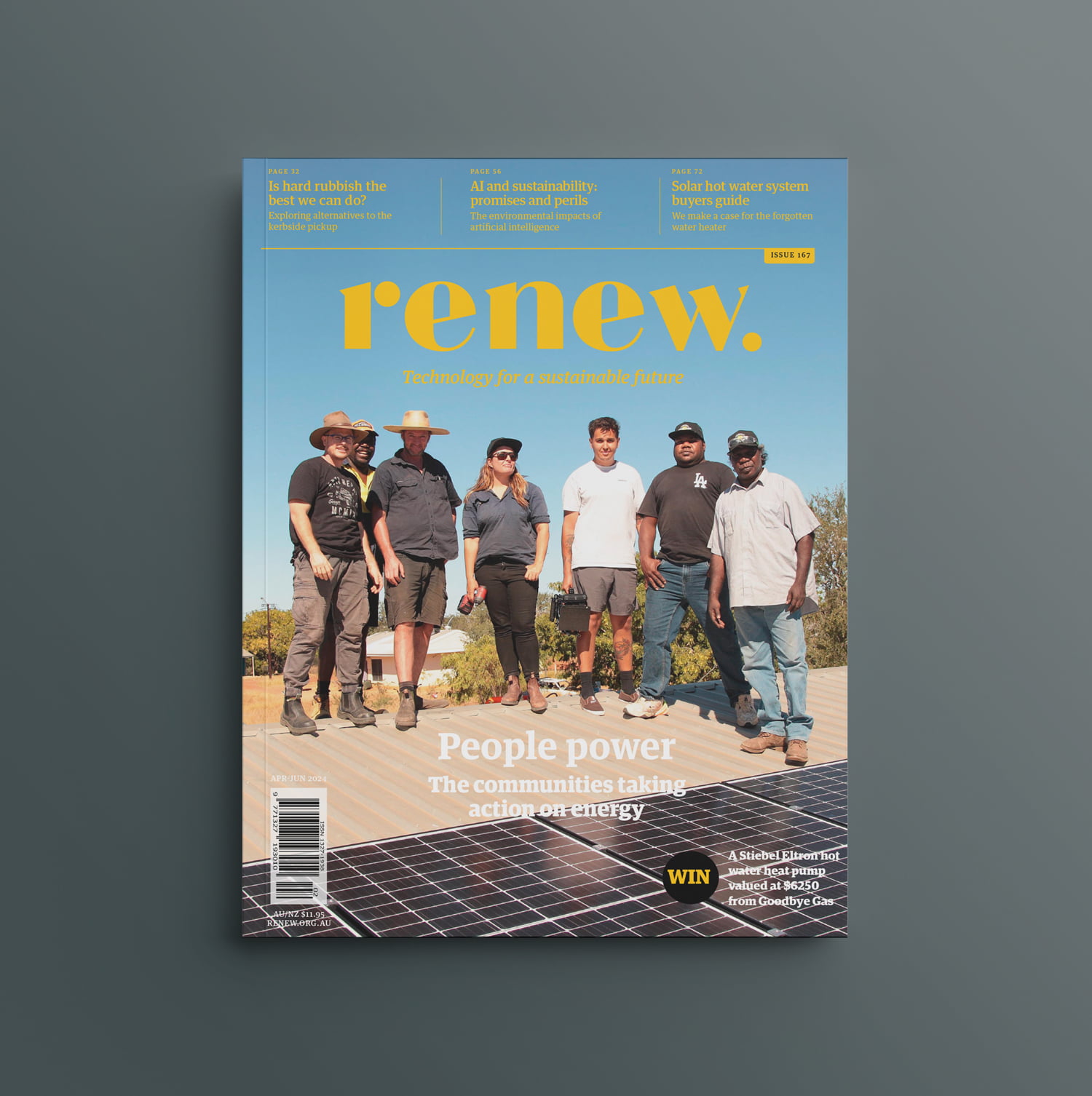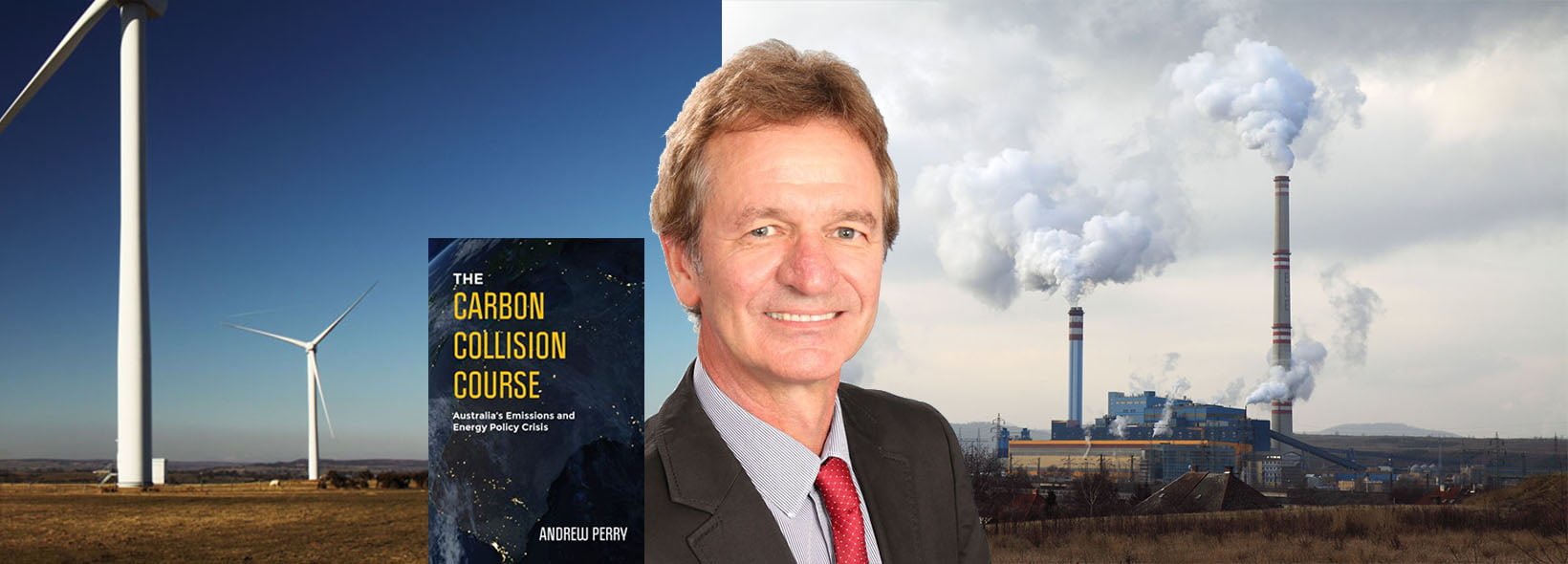When: Wednesday 24 April 2019, 7:15pm for 7:30pm start (note the change of meeting day)
Where: Albion Peace Centre, 102 McDonald Rd, Windsor (underneath the Albion Overpass, near Blackmore St; UBD 140 Ref. C14) Click here for a map.
Cost: $2, to help cover venue hire costs.
Presentation:
At 22 tonnes of carbon dioxide equivalent per year, Australia has the highest per capita carbon emission footprint of all the western industrialised nation. This compares to 11 tonnes per capita in Germany and only 8 tonnes in the UK. And 80% of Australia’s emissions are associated with fossil fuel use.
This talk explains in everyday terms how fossil fuels and their resulting emissions work, and how general consumption and industrial activity link to Australia’s national emissions profile. It also explains how, despite having such high emissions, Australia easily met its first round Kyoto Protocol target without having to make any reductions in fossil fuel use.
The talk considers Australia’s emissions in a global context. It examines why, despite reductions in some jurisdictions (for example the UK), there has been no measurable effect on the exponential growth of global emissions over the Kyoto Protocol years.
Tackling emissions requires a 25-year-plus plan, for which outcomes will only be measurable over a 50 to 100-year horizon. The three and four-year political terms in Australia are poorly suited to such a long term view. The talk analyses the significant political challenges we face in making any discernible impact on both the local and global emissions trajectories.
Speaker: Andrew Perry (CEng MIChemE RPEQ) is a chartered chemical engineer with 30 years’ experience in both the upstream and downstream petroleum industry. His career started in the UK in high-conversion oil refining, specialising in energy efficiency and conversion. In Australia he has worked on upstream petroleum projects and production, including on Queensland’s Liquefied Natural Gas export projects.
He recently published the book ‘The Carbon Collision Course: Australia’s Emissions and Energy Policy Crisis’. The book provides a comprehensive overview of the emissions debate, and the difficult political choices about our energy consumption habits and industrial activities that arise.
The book and talk have been produced without sponsorship or funding from any lobby or industry association groups. The work does not express an opinion on climate change and is neither for nor against renewable or fossil fuel energy. It provides an impartial analysis of the challenges faced in understanding our energy consumption habits and their resulting emissions.
We hope to see you there.
Trevor Berrill


